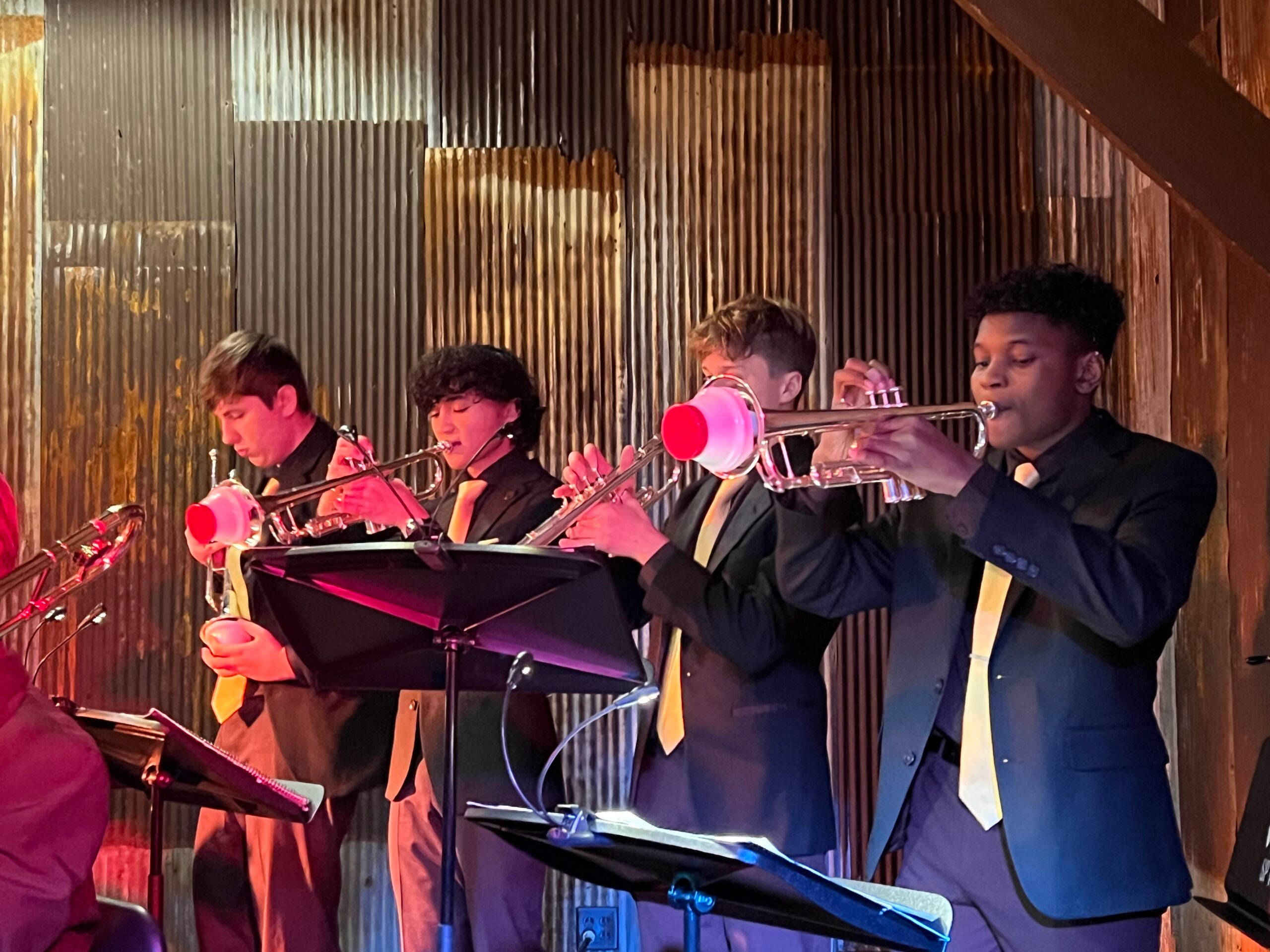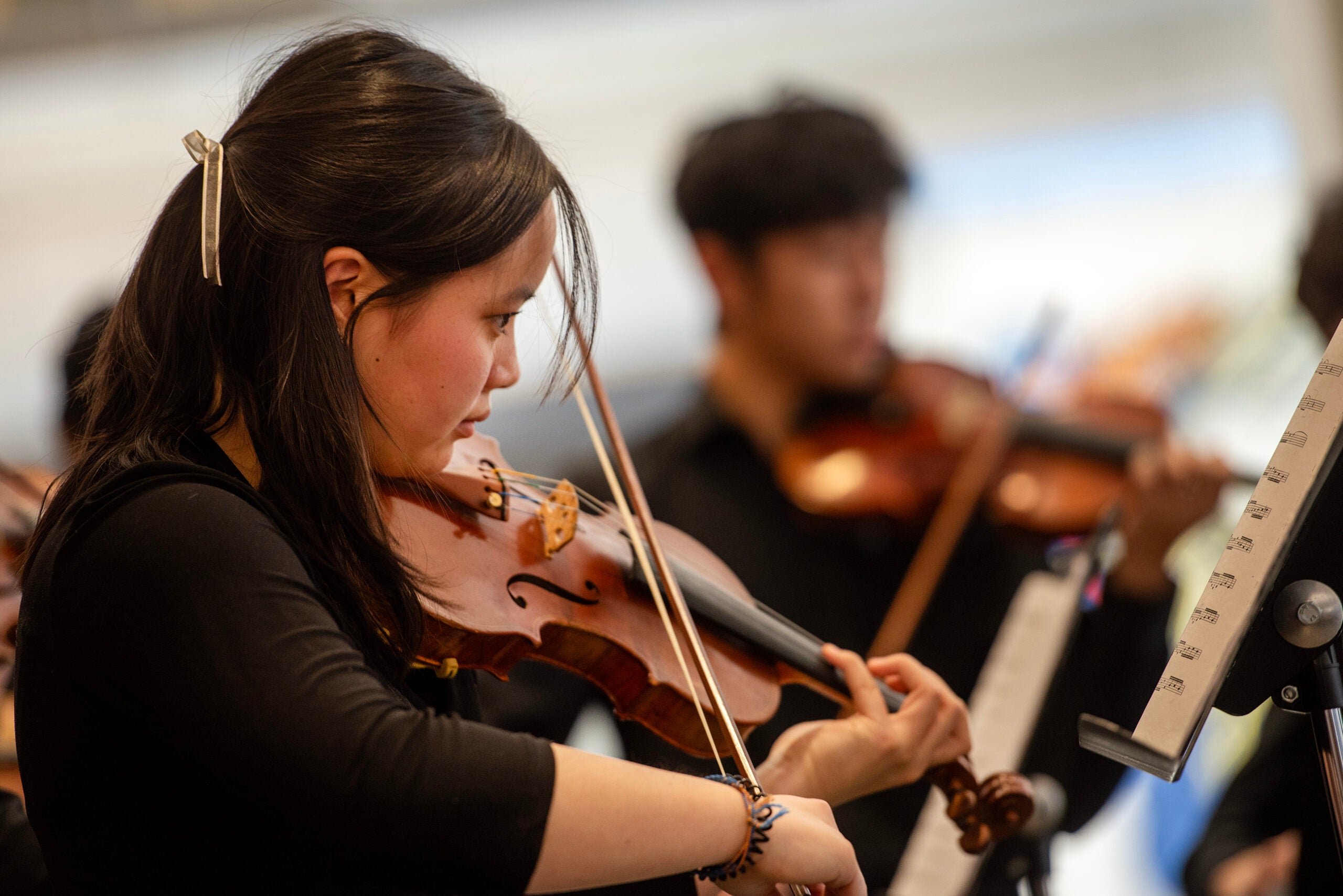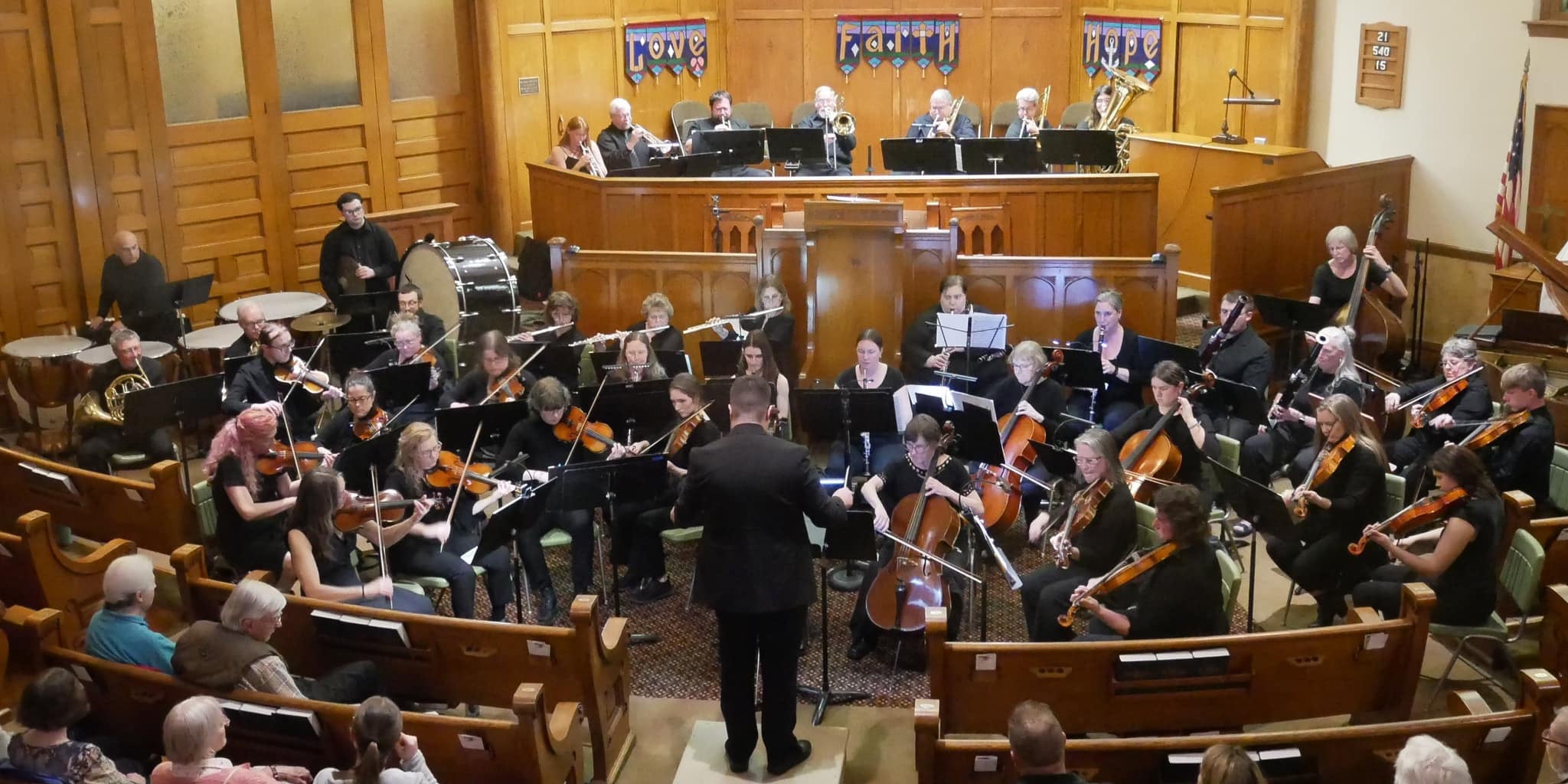I don’t know about you, but I rarely can remember what you call a musical group with more than five players. Perhaps my days as a somewhat confused and struggling undergraduate-voice student at San Francisco State were more oppressive than I realized. To spare you from my pain endured years ago, here is a short primer on applicable terms for musical groups:
In Western classical and jazz music, the terms duet (two), trio (three), quartet (four), quintet (five), sextet(six), septet (seven), octet (eight), nonet (nine) and dectet (ten), describe groups of two up to ten musicians and/or vocalists. By the way, some ‘musicians’, don’t consider singers “musicians” because they don’t actually negotiate (externally) an instrument. To the formally trained concert vocalist, this is an argument waiting to happen.
Obviously, a solo is represented by a single artist, though I’ve always found this a ticklish idea particularly when a soloist is accompanied by a pianist. Now, a group of eleven musicians is termed a hendectet or an undectet. And, it’s worth noting that classical music (as do some other groups engaged in world, jazz and popular music, etc.) does assign smaller ensembles to the categorical title of “chamber ensemble”.
Stay informed on the latest news
Sign up for WPR’s email newsletter.
Today, the compliment of various instruments used in chamber ensembles, first assigned to Western classical music and later to jazz and popular music, often includes a host of varied percussive instruments from various cultures that may include a plethora of wind and/or stringed-instruments from different musical traditions. Such varied collectives will often liberate the explicit term, chamber ensemble as well. For one, I’m perfectly okay with the adapted inclusion. — Jonathan
Wisconsin Public Radio, © Copyright 2025, Board of Regents of the University of Wisconsin System and Wisconsin Educational Communications Board.




